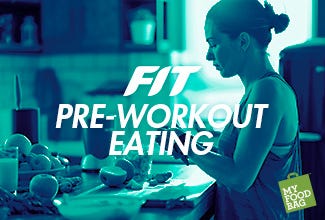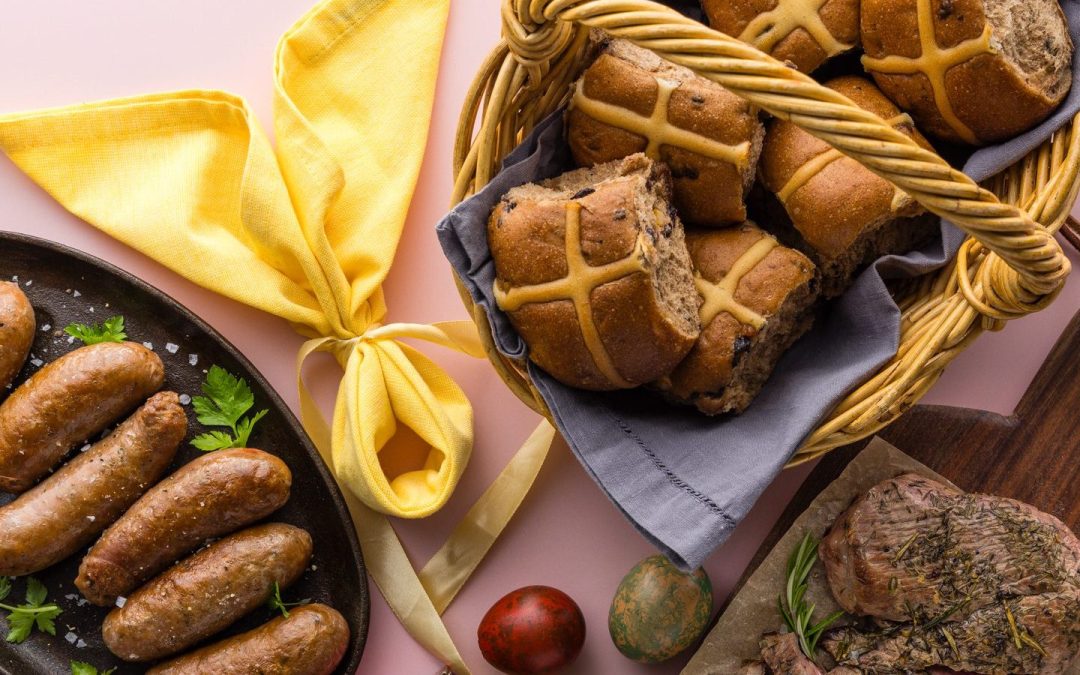
It’s one of the most common questions when it comes to exercise — what and when should we eat to sustain our exercise and training? Have a read of our blog post to learn a little more around the impact of food on our workout, and how the timing of meals around workouts can be important. This is where thinking ahead and a little pre planning around workouts can make an impact on your performance.
The first thing to consider is the type of exercise we’re planning to embark on — be it a long distance run or a HIIT workout (high intensity interval training), a brisk walk or yoga. If it’s the former, then what and when we eat is much more likely to impact our ability to perform. Eating too close to a workout may mean our body hasn’t finished digesting, so we can’t tap into the energy we hoped to utilise during exercise. It could also result in an upset stomach by interrupting the digestion process, as our body diverts its resources from digestion to exercise. We all probably know how horrible it is to taste your lunch again during your workout! On the other hand, if it’s been too long since we last ate, our energy levels may plummet during the workout, resulting in a sluggish, unproductive session.
So, as a general rule of thumb, eating a light snack as much as 1 hour prior to exercise, and a main meal from around 3 hours prior to exercise will set us up with the best levels of energy for our workout.
But what if we work out first thing in the morning and don’t eat before? This is very common and absolutely fine to do if it’s not prolonged exercise, it can be referred to as fasted exercise. Two meta-analysis have shown positive effects on our metabolism and ability to utilise substrates such as fats for fat oxidation and breakdown (1, 2). However, it is important to follow up fasted exercise with a nutrient dense, post workout breakfast.
When engaging in exercise, it’s important to include some carbohydrates in our diet. The primary fuel for our muscle cells is glucose, which is the breakdown product of carbohydrates. Our muscles can store small amounts of glucose in their cells, in the form of glycogen, but these stores get used up quickly. When eating closer to a workout, easily digestible carbohydrates that will release energy faster are going to be more beneficial. But it’s important to incorporate a little protein and some good fats into this snack too, ensuring we stay satiated during our entire workout, with some slower releasing energy also.
A few ideas for pre workout foods
Up to 1 hour before:
Fruit e.g. banana, apple, kiwifruit
Fruit & yoghurt
Light smoothie
Avocado/ hummus/ peanut butter on crackers
Hummus & veggie sticks
Up to 3 hours before:
Brown rice & chicken/tuna/salmon salad or sushi bowl
Whole grain sandwich with salad and protein
Hummus and avocado on toast
Egg on whole grain bread
Muesli, yoghurt and fruit
1. Aird T.P., Davies R.W. & Carson B.P. (2018). Effects of fasted vs fed-state exercise on performance and post-exercise metabolism: A systematic review and meta-analysis. Scand J Med Sci Sports. May 28(5):1476–1493.
2. Vieira, A., Costa, R., Macedo, R., Coconcelli, L., & Kruel, L. (2016). Effects of aerobic exercise performed in fasted v. fed state on fat and carbohydrate metabolism in adults: A systematic review and meta-analysis. British Journal of Nutrition, 116(7), 1153–1164.


